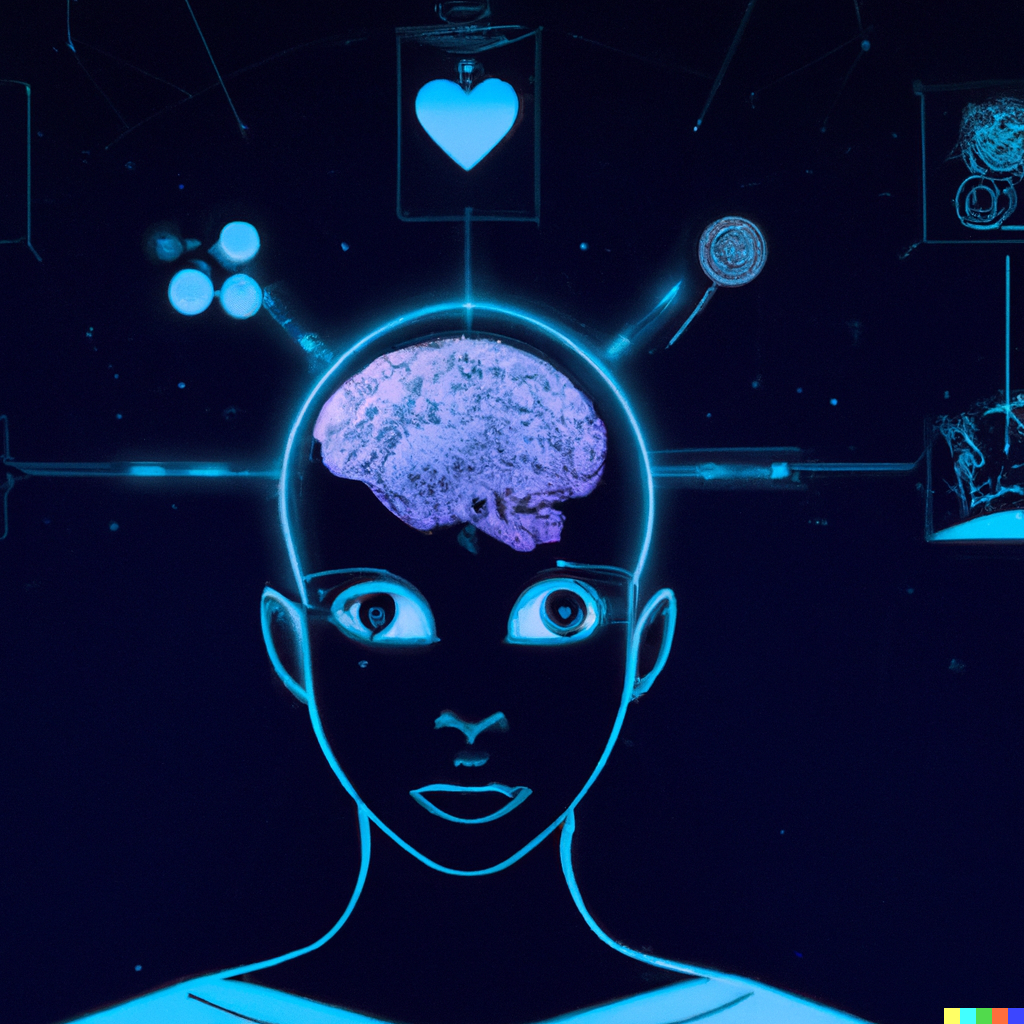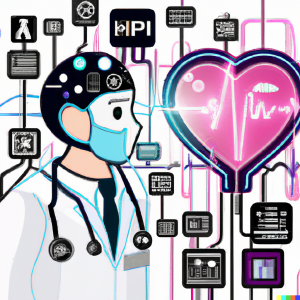
The Future of Artificial Intelligence in Healthcare
The Future of Artificial Intelligence in Healthcare
By Emina Arcan, MBA, BSN, RN

Introduction:
Artificial Intelligence (AI) has been a buzzword in the world of technology for quite some time now. It has been a game-changer in many industries, and healthcare is no exception. In this article, we will discuss the current state of AI in healthcare, its future potential, and its impact on the industry.
Current State of AI in Healthcare:
Currently, AI is being used in healthcare for various purposes such as diagnosis, treatment planning, drug discovery, and administrative tasks. AI algorithms are trained to identify patterns in large amounts of data, making them valuable tools in detecting diseases and predicting outcomes. In diagnostics, AI is being used to identify diseases and conditions based on images, such as X-rays, CT scans, and MRI images. In treatment planning, AI algorithms are used to suggest the most effective treatment options for a patient based on their medical history and the latest research. AI is also being used to discover new drugs and treatments, by analyzing vast amounts of data from clinical trials and other sources.
Future Potential of AI in Healthcare:
As AI continues to advance, its potential in healthcare is only limited by our imagination. In the future, AI could play a much larger role in personalized medicine, where treatments are tailored to an individual’s unique genetic and environmental factors. AI algorithms could also help improve disease prevention, by detecting patterns in health data that could help predict and prevent illnesses. Additionally, AI could help improve the efficiency of the healthcare system, by automating tasks and reducing errors.
Impact of AI on Healthcare:
AI has the potential to revolutionize healthcare and improve patient outcomes, but it also raises ethical and legal questions. The use of AI in healthcare raises concerns about patient privacy, data security, and potential errors. It is important that the healthcare industry takes these concerns seriously and implements measures to address them. Additionally, it is crucial that healthcare providers and technology companies work together to ensure that AI is used in a responsible and ethical manner, with the goal of improving patient outcomes.
Conclusion:
AI has already made a significant impact on healthcare and has the potential to revolutionize the industry in the future. However, it is important that we approach AI with caution, addressing ethical and legal concerns to ensure that it is used for the benefit of patients. As AI continues to advance, the future of healthcare looks bright, with the potential for improved patient outcomes, increased efficiency, and personalized medicine.


No Comments